A compromise solution from the United States.
As predicted by experts and signals from the market, the US Federal Reserve (Fed) decided to keep the Federal Funds Rate (FFR) unchanged at its two-day meeting that concluded early morning on November 2nd (Vietnam time).
This marks the second consecutive time without an interest rate hike. Previously, since March 2022, the Fed had raised interest rates 11 times in a row to a 22-year high of 5.25%-5.5%.
Thus, the Fed did not push monetary policy to a new level of tightening. The easing trend aims to avoid affecting the pace of economic recovery and negatively impacting the country's labor market, even though inflation remains high.
According to the Fed, economic activity grew strongly in the third quarter of 2023, and noted that the labor market saw job growth "cooled down compared to the beginning of the year, but remains high."
In the third quarter of 2023, the US recorded GDP growth of 4.9%.
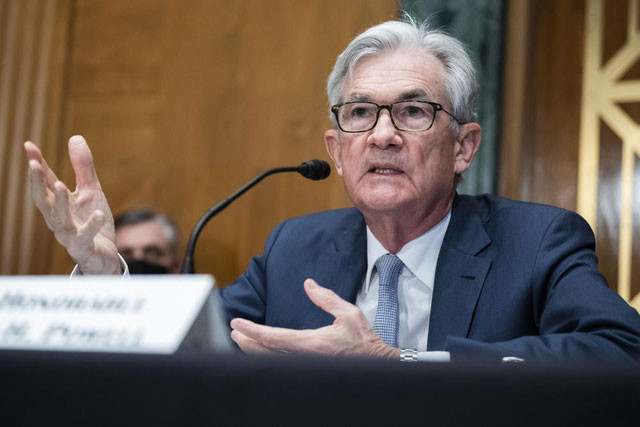
The Fed did not raise interest rates amid a weakening US labor market for the third consecutive month, with only 113,000 new jobs created in October, lower than economists' expectations of 149,000. This marks the 12th consecutive month of declining wages for American workers.
The conflict in the Gaza Strip remains fierce and is likely to spread, potentially impacting the global economy, including the United States.
US bond yields have recently risen to the dangerous 4.8-5% per year range, causing concern on Wall Street and dragging down the stock market. Meanwhile, inflation has cooled significantly from its 2022 peak (9.1% per year). US core inflation in September was 3.7%, still above the 2% target but much lower than before.
The sell-off in US bonds and its negative impact on global financial markets and the US economy were also factors leading to the decision to halt interest rate hikes in the US. Recently, the US dollar has surged, many other currencies, including the Japanese yen, have plummeted, while stock markets around the world have fallen sharply.
Conversely, the quantitative tightening program continues with a net withdrawal of $60 billion per month, expected to last until August 2024.
The Fed also implied that because the US economy is projected to remain strong, the central bank may have to maintain a tight stance for an extended period.
Global financial markets are stable, reducing concerns about exchange rates in Vietnam.
Following the Fed's policy signals, global financial markets quickly stabilized.
The DXY index (which measures the fluctuation of the US dollar against a basket of six major world currencies) fell sharply from 106.8 points last night (Vietnam time) to 106.3 points this morning, November 2nd.
Previously, many people worried that if the DXY reached 110 points, the State Bank of Vietnam would face difficulties and might have to resort to more intervention measures, including selling foreign exchange reserves similar to what happened in the fourth quarter of 2022.
The US stock market also reversed course and rose again after a gloomy month of sharp declines. The Dow Jones Industrial Average rose more than 200 points following the Fed's decision. The S&P 500 and Nasdaq indices also saw strong gains.
The yield on 10-year US government bonds fell sharply to 4.715% per annum on the morning of November 2nd, significantly lower than the previously dangerous range of 4.8%-5%. The yield on 30-year bonds dropped to 4.945%, down from the previous 5.1-5.3%.
Oil prices fell rapidly, dropping about 3%, with WTI crude falling to $81 per barrel and Brent crude below $85 per barrel, despite the continued impact of the Israel-Hamas conflict.
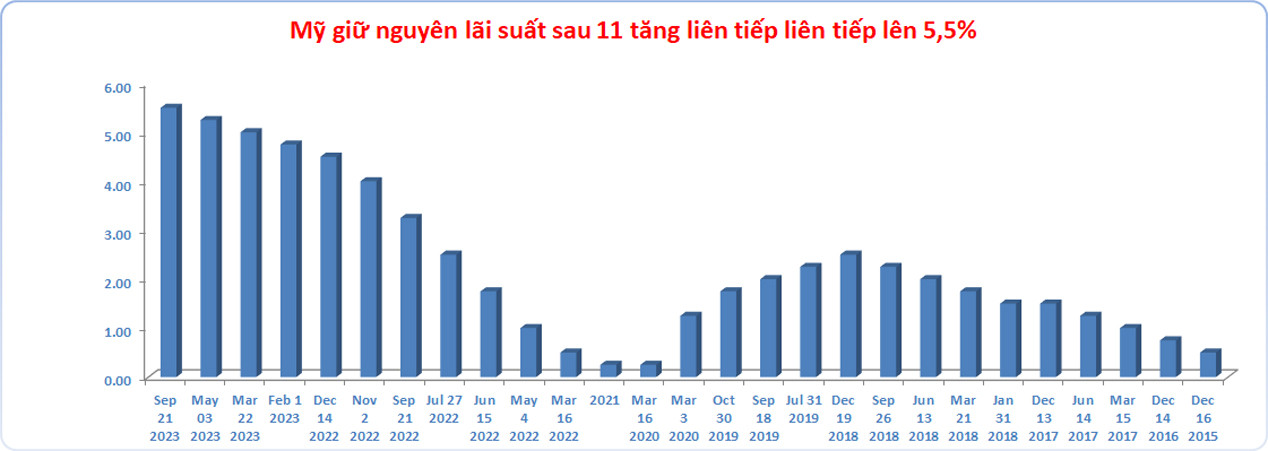
Mr. Huynh Minh Tuan, founder of FIDT Investment Consulting & Asset Management Company, believes that the Fed's decision has a positive impact on Vietnam in terms of macroeconomic and monetary policy.
According to Mr. Tuan, the pressure to absorb liquidity and the exchange rate may ease, and the US dollar in the free market will fall back below 24,500 VND/USD.
According to him, interest rates in Vietnam continue to have room to remain low for an extended period.
As for the stock market, when exchange rates stabilize and interest rates are low, foreign capital outflows will stop and may reverse to net buying.
Investor sentiment is also expected to stabilize after a recent period of prolonged anxiety due to rising exchange rates, and many have speculated that the State Bank of Vietnam might reverse its monetary policy, withdrawing money from circulation and potentially hindering the economic recovery.
This week, the European Central Bank (ECB) is also holding a monetary policy meeting.
Previously, the Bank of Japan kept interest rates low but faced significant pressure as the yen fell to 150 yen/USD. This was a new low in over a year and considered a "dangerous" zone.
A decision by the US to halt interest rate hikes could help stabilize global financial markets, including Vietnam, even though many factors still affect exchange rates, inflation, and the recovery of economies, especially in Asia.
Geopolitical conflicts remain difficult to control. The Chinese economy faces numerous risks, including the real estate market crisis.
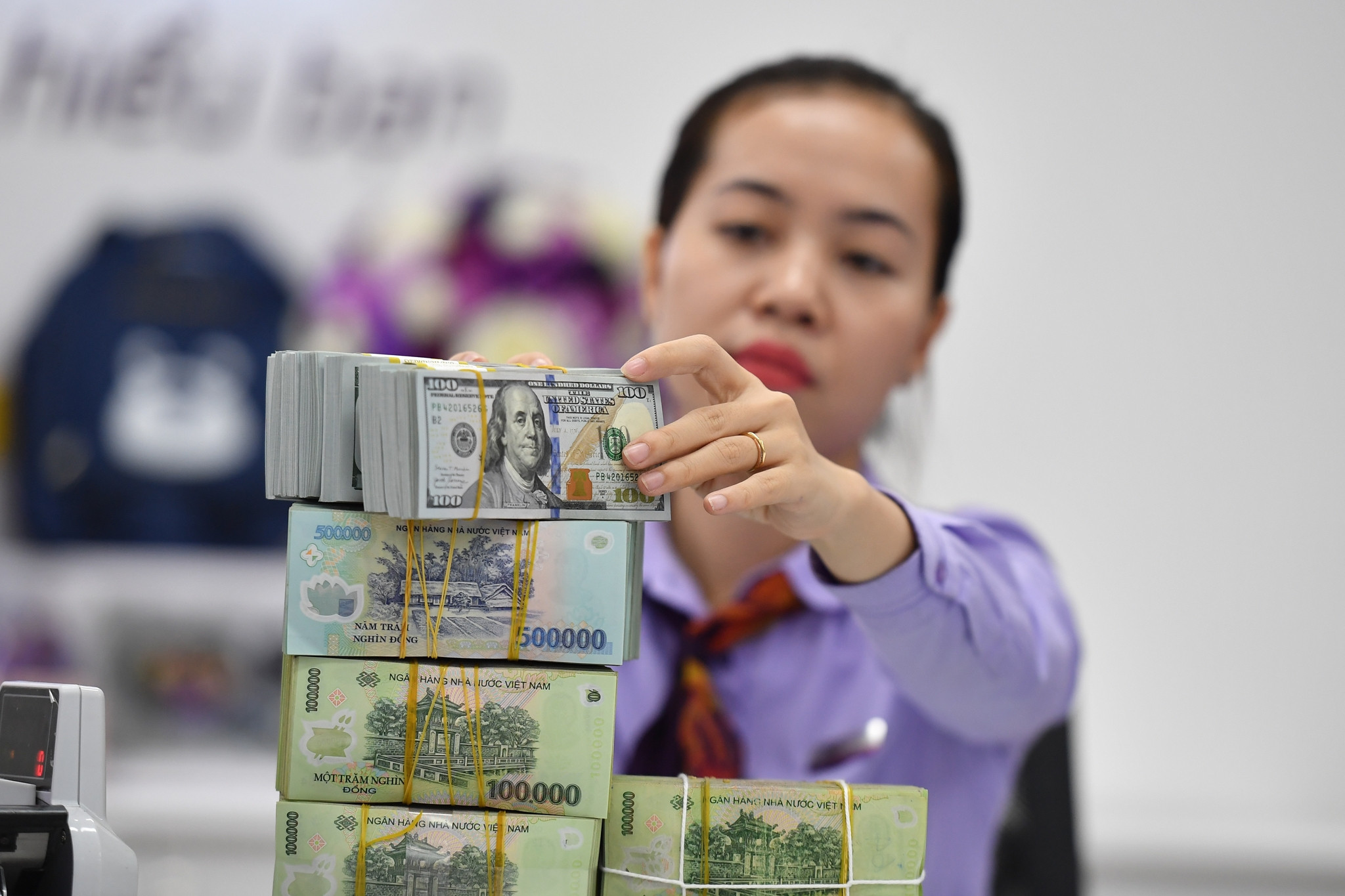
Source






![[Photo] Prime Minister Pham Minh Chinh presides over a meeting on private sector economic development.](/_next/image?url=https%3A%2F%2Fvphoto.vietnam.vn%2Fthumb%2F1200x675%2Fvietnam%2Fresource%2FIMAGE%2F2025%2F12%2F20%2F1766237501876_thiet-ke-chua-co-ten-40-png.webp&w=3840&q=75)









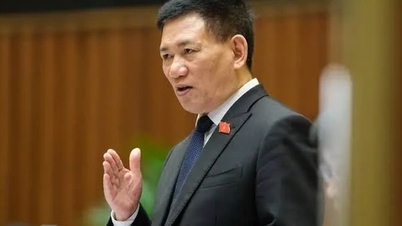
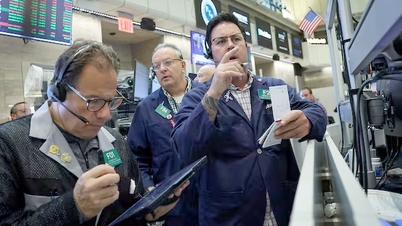






















































































Comment (0)